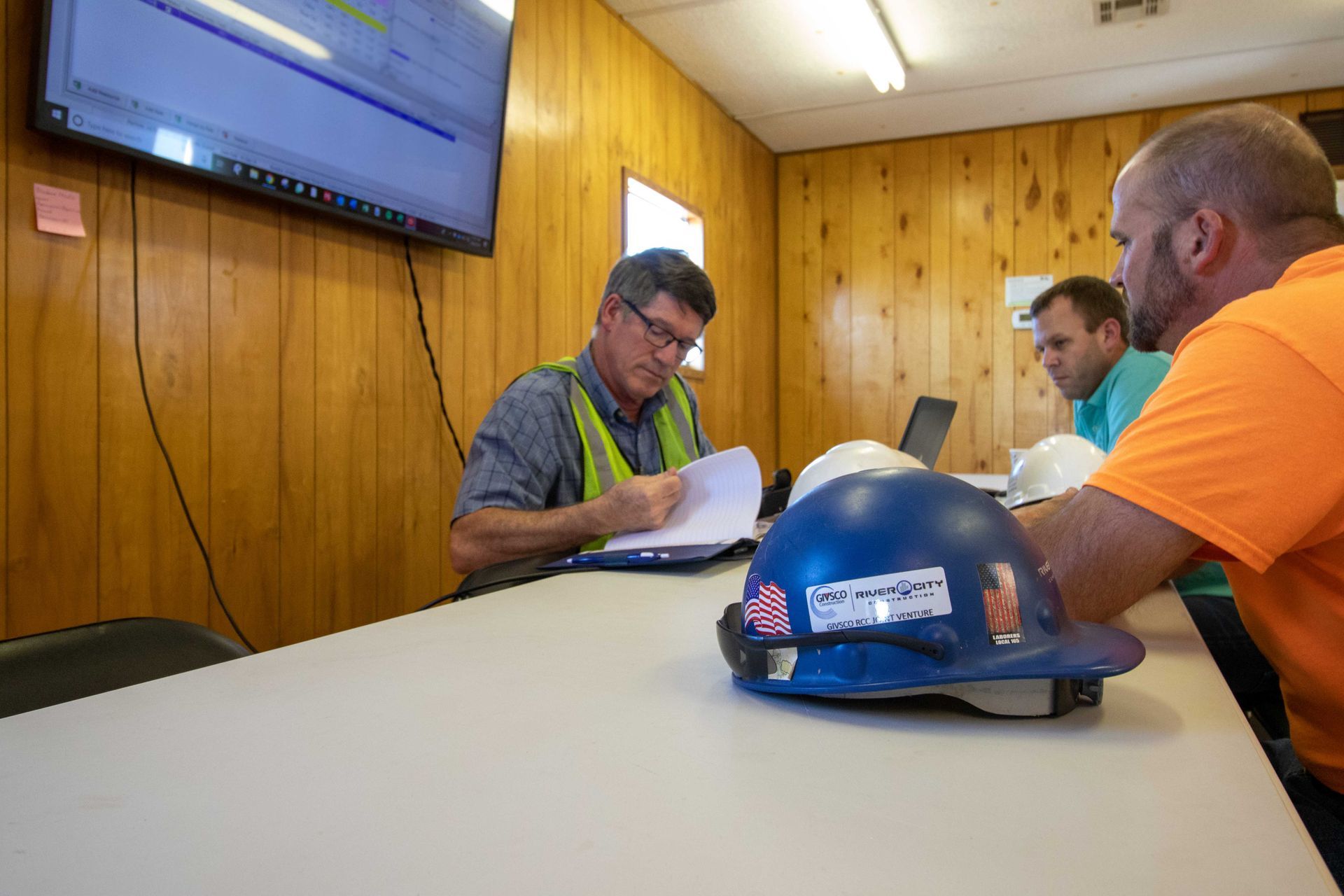The Importance of Pre-Construction Planning
Pre-construction planning is a critical phase in any construction project, setting the foundation for success and ensuring that everything runs smoothly from start to finish. This stage involves detailed preparation and careful consideration of various factors impacting the entire project.
Pre-construction planning is essential for small and large construction projects, minimizing risks, managing costs, and ensuring timely completion. Take a closer look at why pre-construction planning is so important.
Defining Project Scope and Objectives
The first step in pre-construction planning is defining the project scope and objectives; this involves understanding what the project aims to achieve, the desired outcomes, and the specific requirements of the stakeholders. By clearly outlining the project goals, all parties involved have a unified vision, which helps prevent misunderstandings and ensures everyone is on the same page. This clarity is crucial for making informed decisions and aligning the project with the client's expectations.
Budgeting and Cost Estimation
Accurate budgeting and cost estimation are vital components of pre-construction planning. During this phase, detailed cost analysis breakdowns estimate the project's required financial resources, including costs for materials, labor, permits, equipment, and contingencies. A well-prepared budget helps prevent cost overruns and ensures the project is financially viable. Additionally, it provides a framework for financial planning and allows stakeholders to allocate resources effectively.
Scheduling and Timeline Management
Effective scheduling is another critical aspect of pre-construction planning. A detailed project schedule outlines the sequence of activities, milestones, and deadlines, helping coordinate tasks, manage resources, and ensure that the project progresses according to plan. Project managers can develop strategies to mitigate delays and keep the project on track by identifying potential bottlenecks and critical paths. A well-structured timeline also facilitates better communication and collaboration among the project team.

Risk Identification and Mitigation
Every construction project carries inherent financial, safety, and environmental risks. Pre-construction planning involves identifying and developing strategies to mitigate these risks early on. This proactive approach helps minimize potential disruptions and ensures the project can proceed smoothly.
Risk management plans may include safety protocols, contingency plans, and measures to address unforeseen issues. By anticipating and preparing for potential challenges, project managers can reduce the likelihood of costly delays and accidents.
Design and Planning Coordination
Pre-construction planning involves detailed coordination of the design and planning processes; this includes finalizing architectural and engineering designs, obtaining necessary permits, and ensuring compliance with local building codes and regulations. During this phase, project teams work closely with architects, engineers, and consultants to refine plans and address design-related issues. Effective coordination helps identify potential design flaws and make necessary adjustments before construction begins, reducing the risk of costly rework.
Enhancing Communication and Collaboration
Clear communication and collaboration are essential for the success of any construction project. Pre-construction planning establishes effective communication channels and protocols among all stakeholders, including the client, project managers, contractors, and subcontractors.
Regular meetings, progress reports, and collaborative tools facilitate information sharing and ensure that everyone is informed and engaged. By fostering a culture of open communication, project teams can address issues promptly and work together towards common goals.
Resource Allocation and Management
Efficient resource allocation and management are crucial for successfully executing a construction project. During pre-construction planning, project managers identify the necessary resources, including labor, materials, and equipment, and develop strategies for their optimal use.
Scheduling deliveries and coordinating subcontractors ensures the right resources are available at the right time. Effective resource management helps minimize wastage, reduce costs, and ensure the project progresses smoothly.
Environmental and Sustainability Considerations
With increasing emphasis on sustainability and environmental responsibility, pre-construction planning must also address ecological considerations; this includes assessing the project's environmental impact, obtaining necessary environmental permits, and developing strategies to minimize adverse effects.
Consider incorporating sustainable construction practices, such as eco-friendly materials, energy-efficient designs, and waste reduction measures, into the project plan. By prioritizing sustainability, construction projects can contribute to environmental conservation and meet regulatory requirements.

Quality Control and Assurance
Ensuring quality control and assurance is a crucial objective of pre-construction planning; this involves developing quality management plans, setting performance standards, and establishing inspection and testing protocols. By defining quality benchmarks and implementing robust quality control measures, project managers can ensure that the finished project meets or exceeds client expectations.
Quality assurance also helps identify potential issues early on and address them before they escalate, reducing the risk of defects and rework.
Work With Thomas D. Wilson Consulting
Pre-construction planning is a vital phase in the construction process that sets the stage for successful project execution. By defining project scope and objectives, managing budgets and schedules, identifying and mitigating risks, coordinating design and planning, and fostering effective communication, pre-construction planning ensures that construction projects finish on time, within budget, and to the highest quality standards.
Contact Thomas D. Wilson Consulting today to begin planning your construction project!






